
The Sidon excavation site. (A) Map shows the location of Lebanon with present-day political borders in the Near East. (B) A magnification showing the Levant region and the location of the city of Sidon. (C) Photo shows the Sidon excavation site, which included the burials of individuals studied here.
In the most recent whole-genome study of ancient remains from the Near East, Wellcome Trust Sanger Institute scientists and their collaborators sequenced the entire genomes of 4,000-year-old Canaanite individuals who inhabited the region during the Bronze Age, and compared these to other ancient and present-day populations. The results, published in the August issue of the American Journal of Human Genetics suggest that present-day Lebanese are direct descendants of the ancient Canaanites.
The Near East is often described as the cradle of civilisation. The Bronze Age Canaanites, later known as the Phoenicians, introduced many aspects of society that we know today – they created the first alphabet, established colonies throughout the Mediterranean and were mentioned several times in the Bible.
However, historical records of the Canaanites are limited. They were mentioned in ancient Greek and Egyptian texts, and the Bible, which reports widespread destruction of Canaanite settlements and annihilation of the communities. Experts have long debated who the Canaanites were genetically, what happened to them, who their ancestors were, and if they had any descendants today.
In the first study of its kind, a team led by scientists of the Sanger Institute have uncovered the genetics of the Canaanite people and a firm link with people living in Lebanon today. The team discovered that more than 90 per cent of present-day Lebanese ancestry is likely to be from the Canaanites, with an additional small proportion of ancestry coming from a different Eurasian population. Researchers estimate that new Eurasian people mixed with the Canaanite population about 2,200 to 3,800 years ago at a time when there were many conquests of the region from outside.
The analysis of ancient DNA also revealed that the Canaanites themselves were a mixture of local people who settled in farming villages during the Neolithic period and eastern migrants who arrived in the area around 5,000 years ago.
The researchers sequenced whole genomes of five Canaanite individuals who lived 4,000 years ago in a city known as Sidon in present-day Lebanon were, as well as the genomes of 99 present-day Lebanese, and analysed the genetic relationship between the ancient Canaanites and modern Lebanese.
Dr Marc Haber, first author from the Wellcome Trust Sanger Institute, said: “It was a pleasant surprise to be able to extract and analyse DNA from 4,000-year-old human remains found in a hot environment, which is not known for preserving DNA well. We overcame this challenge by taking samples from the petrous bone in the skull, which is a very tough bone with a high density of ancient DNA. This method of extraction combined with the lowering costs of whole genome sequencing made this study possible.”
Dr Claude Doumet-Serhal, co-author and Director of the Sidon excavation site* in Lebanon, said: “For the first time we have genetic evidence for substantial continuity in the region, from the Bronze Age Canaanite population through to the present day. These results agree with the continuity seen by archaeologists. Collaborations between archaeologists and geneticists greatly enrich both fields of study and can answer questions about ancestry in ways that experts in neither field can answer alone.”
Prof Holger Schutkowski of Bournemouth University’s Department of Archaeology, Anthropology and Forensic Science and a co-author, said: “We are delighted to be part of this significant collaboration with the Sidon excavation and the Sanger Institute, and to contribute to elucidating the Canaanite origin and legacy.”
Dr Chris Tyler-Smith, lead author from the Wellcome Trust Sanger Institute, said: “Genetic studies using ancient DNA can expand our understanding of history, and answer questions about the likely origins and descendants of enigmatic populations like the Canaanites, who left few written records themselves. Now we would like to investigate the earlier and later genetic history of the Near East, and how it relates to the surrounding regions.”

Burial 63: Middle Bronze Age II B, about 1600 BC. Photos courtesy of Dr Claude Doumet-Serhal.
*For more information on the Sidon excavation site, please visit www.sidonexcavation.com
Marc Haber et al. (2017) Continuity and admixture in the last five millennia of Levantine history from ancient Canaanite and present-day Lebanese genome sequences. American Journal of Human Genetics. DOI: 10.1016/j.ajhg.2017.06.013
Funding:
This work was supported by the Wellcome Trust (grant 098051).
 Congratulations to Dr. Steve Keen in the Faculty of Health & Social Sciences and BU PhD graduate Dr. Pratik Adhikary on the acceptance today of their paper ‘Risky work: Accidents among Nepalese migrant workers in Malaysia, Qatar and Saudi ‘ by the journal Health Prospect [1]. This is a peer-reviewed public health journal, part of Nepal Journals Online, and the journal is Open Access. Nepal Journals OnLine (NepJOL) provides access to Nepalese published research, and increase worldwide knowledge of indigenous scholarship.
Congratulations to Dr. Steve Keen in the Faculty of Health & Social Sciences and BU PhD graduate Dr. Pratik Adhikary on the acceptance today of their paper ‘Risky work: Accidents among Nepalese migrant workers in Malaysia, Qatar and Saudi ‘ by the journal Health Prospect [1]. This is a peer-reviewed public health journal, part of Nepal Journals Online, and the journal is Open Access. Nepal Journals OnLine (NepJOL) provides access to Nepalese published research, and increase worldwide knowledge of indigenous scholarship.

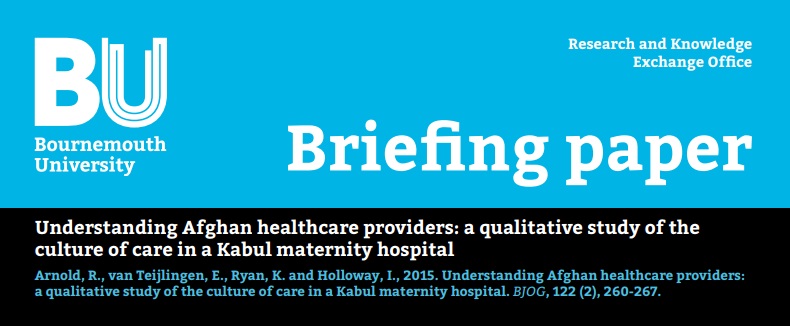 Our
Our 


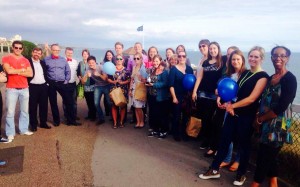
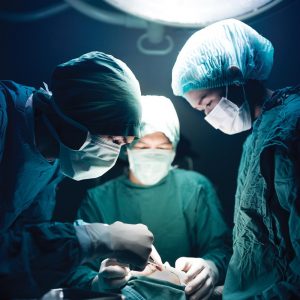
 As part of the Writing Academy, a series of writing days have been organised to help support BU authors work on their
As part of the Writing Academy, a series of writing days have been organised to help support BU authors work on their  The British Academy have used e-GAP as their application submission system for a number of years. They have now changed to Flexi-Grant.
The British Academy have used e-GAP as their application submission system for a number of years. They have now changed to Flexi-Grant.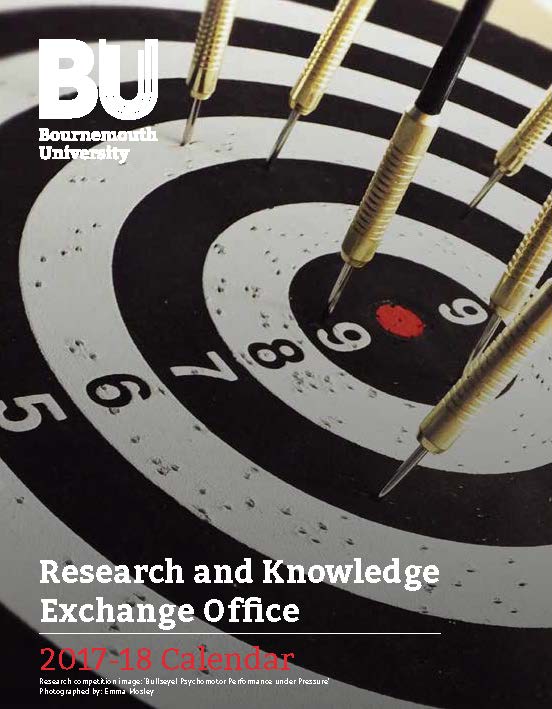
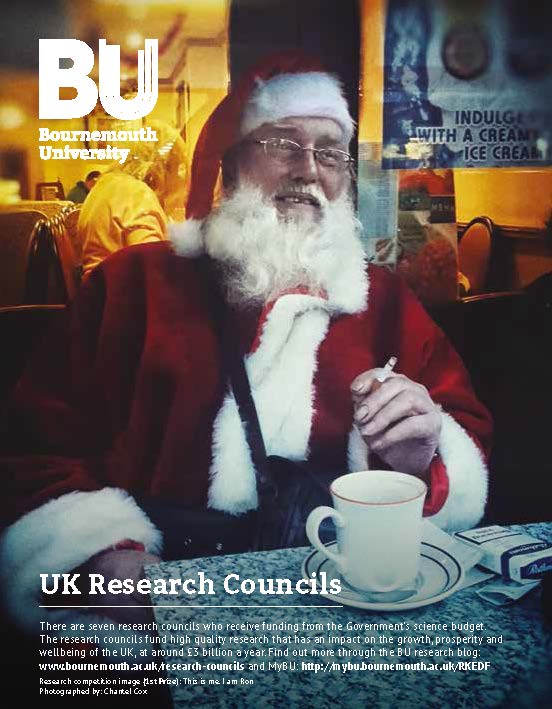
 Following consultation, the RKEO have developed the new programme of
Following consultation, the RKEO have developed the new programme of  What’s new for 2017/18
What’s new for 2017/18 Highlights
Highlights



 The Health Foundation, an independent charity committed to bringing about better health and health care for people in the UK, has launched a new £1.5 million funding programme for innovative research on the economic and social value of health in the UK.
The Health Foundation, an independent charity committed to bringing about better health and health care for people in the UK, has launched a new £1.5 million funding programme for innovative research on the economic and social value of health in the UK. The Arts and Humanities Research Council (AHRC) have launched their annual competition, in conjunction with BBC Radio 3, called ‘
The Arts and Humanities Research Council (AHRC) have launched their annual competition, in conjunction with BBC Radio 3, called ‘ This competition aims to develop a new generation of academics who can bring the best of university research and scholarly ideas to a broad audience through working with the media. It’s a chance for early career researchers to cultivate the skills to communicate their research findings to those outside the academic community.
This competition aims to develop a new generation of academics who can bring the best of university research and scholarly ideas to a broad audience through working with the media. It’s a chance for early career researchers to cultivate the skills to communicate their research findings to those outside the academic community. NERC introduced
NERC introduced  Thursday 7th September 2017 – Birmingham
Thursday 7th September 2017 – Birmingham










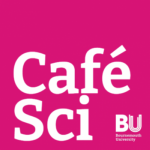 Café Scientifique Tuesday 4 June 2024 – How can we become more resilient in the face of multiple risks and hazards?
Café Scientifique Tuesday 4 June 2024 – How can we become more resilient in the face of multiple risks and hazards? MSCA Postdoctoral Fellowships 2024
MSCA Postdoctoral Fellowships 2024 Horizon Europe News – December 2023
Horizon Europe News – December 2023